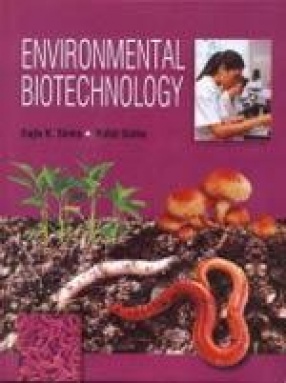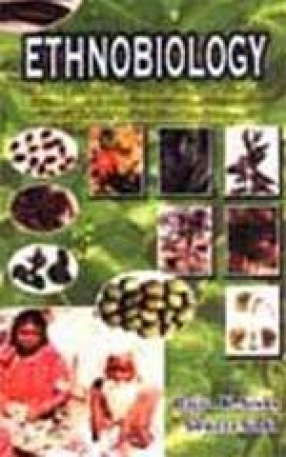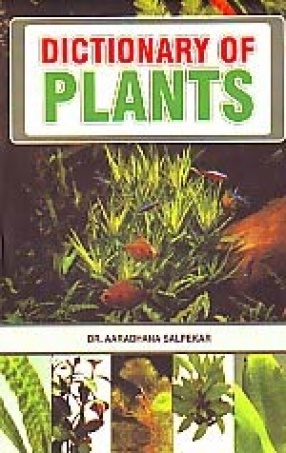Environmental Biotechnology (EBT) is a new emerging discipline which integrates live materials, mainly plants, some very small animals like the earthworms, and the microorganisms to address the problems of environmental management and sustainable development. The technology originated in Germany in the 1930s, but gained importance in the 1980s when researches in biotechnology discovered the environmental virtues of some specially adapted plants and the microbes (and now the earthworms about which Sir Charles Darwin had predicted long ago). EBT has given birth to an allied discipline ‘Bioengineering’. It is the ‘green’ or ‘soft’ and cheaper alternative to the ‘hard’ and costly civil engineering works for environmental restoration and reconstruction. The book discusses about the roles of some adapted plants, beneficial microbes and the earthworms in environmental management–e.g. combating chemical and radiological pollution of air, water and soil, land remediation and stabilization, soil fertility improvement, solid waste management and wastewater treatment for reuse. It also discusses how some useful plants and microorganisms have been developed and used as ‘renewable biological resources’ by environmental biotechnology as a safe and sustainable alternative to the ‘non-renewable geo-chemical resources’ for development of clean energy, biodegradable industrial raw materials and safer cosmetic and pharmaceutical products. A special section is on the contributions of EBT in promoting ‘Sustainable Agriculture’ for safety and security of food for the millions with ecological security of the farm.
Ethnobiology: Role of Indigenous and Ethnic Societies in Biodiversity Conservation, Human Health Protection and Sustainable Development
Ethnobiology is a new ...
$51.30
$57.00







There are no reviews yet.